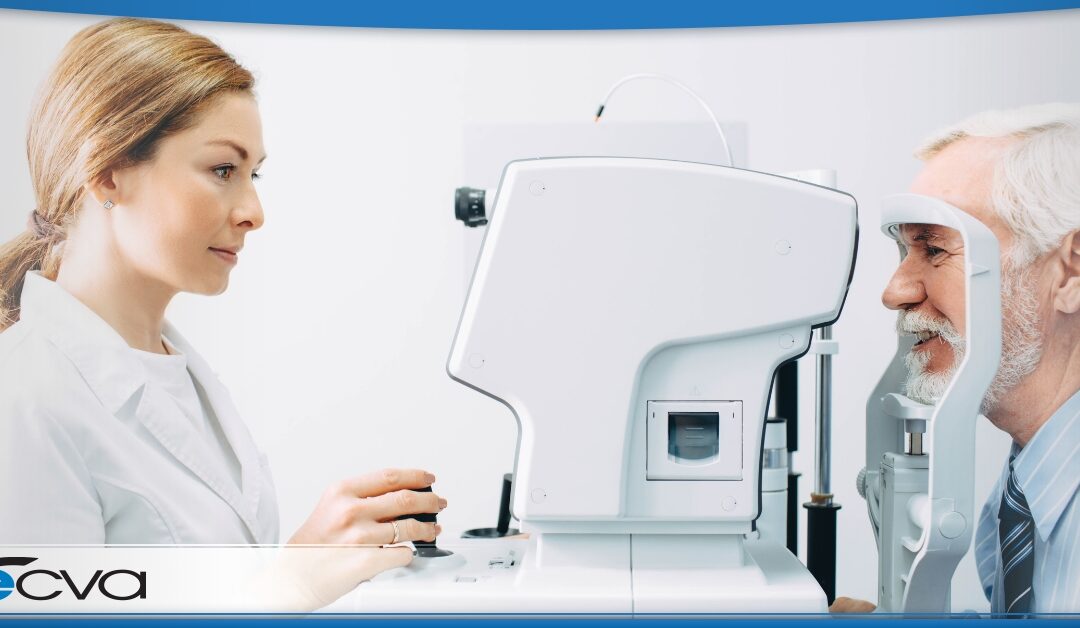Macular degeneration is a severe eye condition that affects many people, especially as they age. One of the most effective treatments for macular degeneration in Western New York (WNY) is laser photocoagulation surgery. Here’s a look at the basics of this treatment, providing essential information for those considering this option.
What Is Laser Photocoagulation Surgery?
Laser photocoagulation surgery is a medical procedure used to treat various retinal conditions, including macular degeneration. The process involves using a laser to seal or destroy abnormal blood vessels in the retina. In the context of macular degeneration, particularly the wet form, the laser targets and cauterizes the leaking blood vessels, preventing further damage to the macula. This helps to preserve vision and prevent further deterioration, although it is not a cure for the condition.
What Happens During Laser Photocoagulation Surgery?
The procedure for laser photocoagulation surgery is relatively straightforward and often performed on an outpatient basis. Before the surgery, the eye care provider will dilate your pupil and apply a local anesthetic to numb the eye. During the surgery, you will sit in front of a machine that delivers the laser treatment. The eye care provider will use a specialized lens to focus the laser on the targeted areas of the retina. The laser emits focused light beams that create minor burns, sealing off the abnormal blood vessels. The entire process usually takes approximately 15 to 30 minutes. Patients may experience some discomfort during the procedure, but it is generally well-tolerated.
How Do You Recover from Laser Photocoagulation Surgery?
Recovery from laser photocoagulation surgery is typically quick and uncomplicated. After the procedure, you might experience mild discomfort or blurred vision for a few hours. Your eye care provider may recommend over-the-counter pain relievers to manage any discomfort. It is important to avoid strenuous activities and protect your eyes from bright lights and potential irritants during the initial recovery period. Follow-up appointments with your eye care provider are crucial to monitor the healing process and assess the effectiveness of the treatment. Most patients resume normal activities within a week or two, but it is essential to follow the specific advice given by your eye care provider.
How to Know If You’re a Candidate for Laser Photocoagulation Surgery
Determining if you are a candidate for laser photocoagulation surgery involves a thorough evaluation by an eye care professional. The eye care provider will conduct a comprehensive eye exam, including detailed retina imaging. They will assess the type and severity of macular degeneration and consider your overall health and medical history. Not all cases of macular degeneration are suitable for laser photocoagulation. Wet macular degeneration, which is characterized by the growth of abnormal blood vessels, is more likely to benefit from this treatment. However, the eye care provider will discuss all available treatment options, including potential risks and benefits, to help you make an informed decision.
Consulting with a specialized eye care provider in WNY is the best way to determine if laser photocoagulation surgery is right for you. They will provide personalized advice based on your specific condition and needs, ensuring that you receive the most effective and appropriate treatment for your macular degeneration.
Macular Degeneration Treatment in Buffalo
At ECVA, your eye health and safety are our top priorities. If you’re exploring treatment options for macular degeneration or haven’t had an eye exam in the past year, the ECVA team is here to support you.

